Gerontology Minor

A older woman and man smiling for the camera

a woman is painting on a easel while others look on in the background and a man is holding a paintbrush

Group of older adults enjoying being together

A group of older women having tea together
Gerontology is the scientific study of biological, psychological and social aspects of aging.
The Gerontology Minor (GERO) program, housed in the School of Social and Behavioral Sciences and affiliated with the Stockton Center on Successful Aging (SCOSA), involves students and faculty from across the University and offers a variety of 4-credit undergraduate courses on aging.
Program Overview
Requirements and curriculum for the minor (and certificate of completion) are consistent with standards set by the Academy for Gerontology in Higher Education and are designed to provide students with a well-rounded understanding of the multidisciplinary study of aging through basic and applied course work.
The Gerontology minor is awarded to matriculated students who have satisfactorily completed 20 credits (five courses) as described on the Curriculum tab. The Gerontology Certificate of Completion is conferred by the Division of Continuing Studies in the School of Graduate and Continuing Studies to non-matriculated students who have successfully completed the same set of requirements.
Program Coordinator
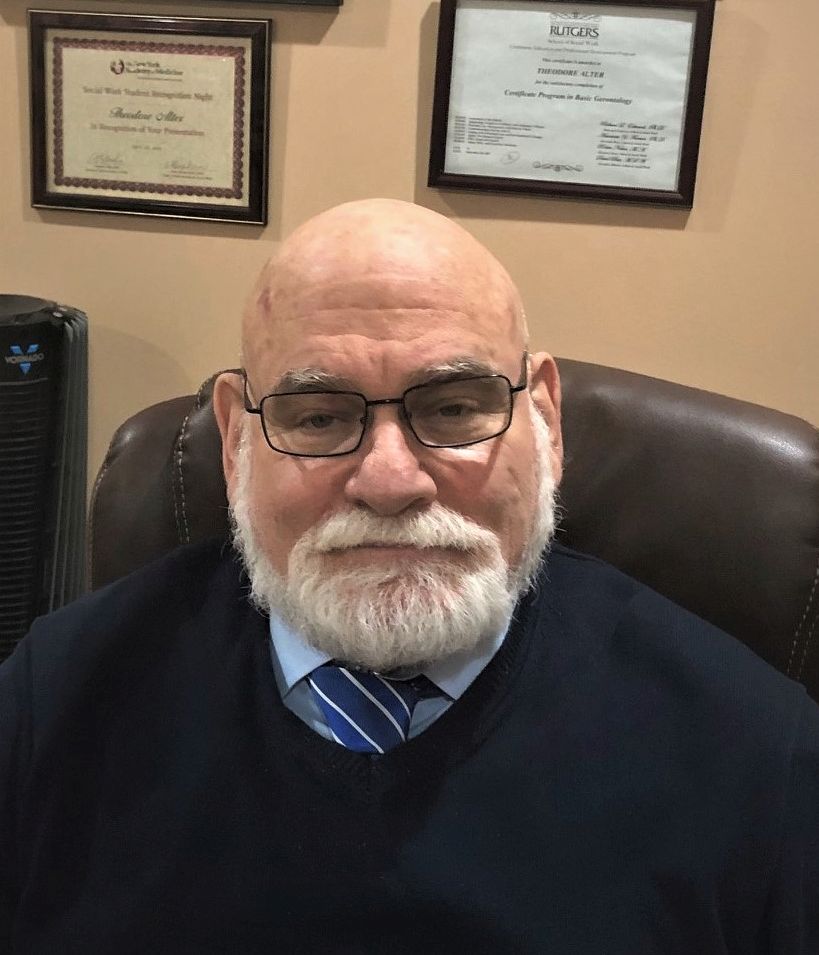
Theodore Alter, Ph.D.
Associate Professor of Social Work
609-652-4411
H-249
theodore.alter@stockton.edu
Students must earn a grade of B or higher in the Gerontology Internship or approved substitute. Students with previous extensive experience working with older adults in clinical care or administrative positions may request from the GERO Coordinator the substitution of another Gerontology elective course in place of the Internship. Additionally, practicum experiences offered by other fields (e.g. SOWK, PSYC, PUBH, BIOL, etc.) that primarily involve work with the aged may be substituted for the GERO internship, contingent upon receiving prior approval from the GERO Coordinator. Specific guidelines for such substitution are available by contacting the Gerontology Coordinator.
Advanced students may take advantage of independent studies or tutorials and become involved in various faculty-sponsored research and community service projects. The Stockton Center on Successful Aging (SCOSA) also offers a variety of research, education and service activities for students, making Stockton an ideal location to advance one’s knowledge and skills related to aging.
Curriculum
Matriculated students who complete the 20- credit sequence of required and elective courses can earn a Gerontology Minor in conjunction with any major at the University.
Non-matriculated students who do not wish to earn a degree from Stockton can receive a Certificate of Completion in Gerontology with the same 20-credit sequence. Such non-matriculated students often enroll in the program to enhance their job performance and/or credentials in this growing field. Additional continuing education workshops and seminars on aging are periodically offered by the Stockton Center on Successful Aging.

Curriculum Worksheet
Required Courses (12 Credits)
- GERO 1100 Introduction to Gerontology OR GSS 1090 Aging and Society
- GERO 2107 Aging and Health OR GERO 2109 Biology of Aging
- GERO 3900 Gerontology Internship (or approved substitute as noted above)
Elective Courses (8 Credits)
Students must select at least two of the following courses, tutorials or independent studies. Some of these courses are cross-listed with various majors and completion of the cross-listed section will also count toward the minor or certificate. Additional elective courses are occasionally offered, so students should check the online course schedule.
- GERO 2160 Aging, Crime and Criminal Justice
- GERO 2282 Economics for All Ages
- SOWK/GERO 2292 Aging and The Family
- GERO 2381 Adult Development and Aging
- GERO 2620 Therapeutic Arts with Older Adult
- SOWK/GERO 3620 Aging and Spirituality
- GERO 3616 Aging and Mental Health
- GERO 3754 Research on Aging
- GERO 3760 Funding in Aging
- GSS 2185 Aging and Communication
- GSS 2194 Death and Dying
- GSS 2256 Exploring the Dying Process
- GSS 2403 Aging and Diversity
- GSS 2404 Aging and the Law
- GSS 3645 Technology & An Aging Society
- PSYC 3355 Clinical Neuropsychology
- GSS 2352 Perspectives of Caregiving
Gerontology Minor Program Faculty
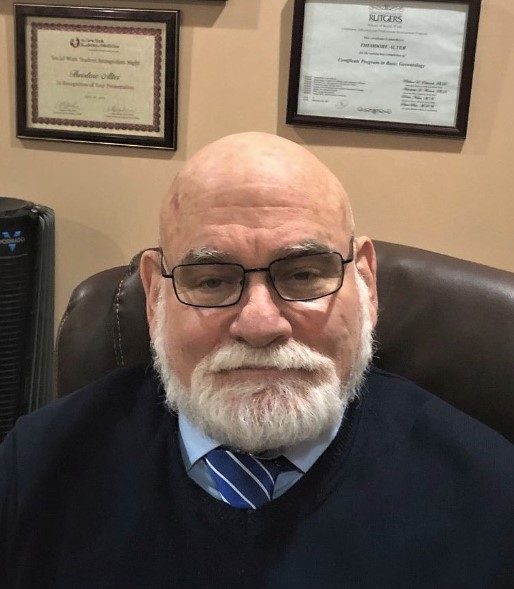
Theodore Alter
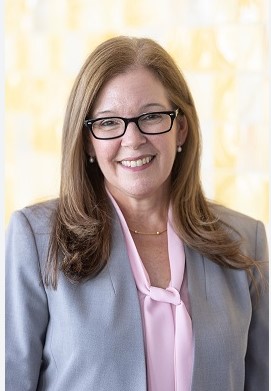
Merydawilda Colón
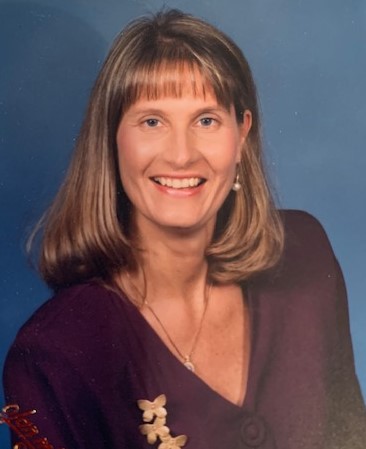
Lisa E. Cox

Christine V. Ferri

Jessica Fleck
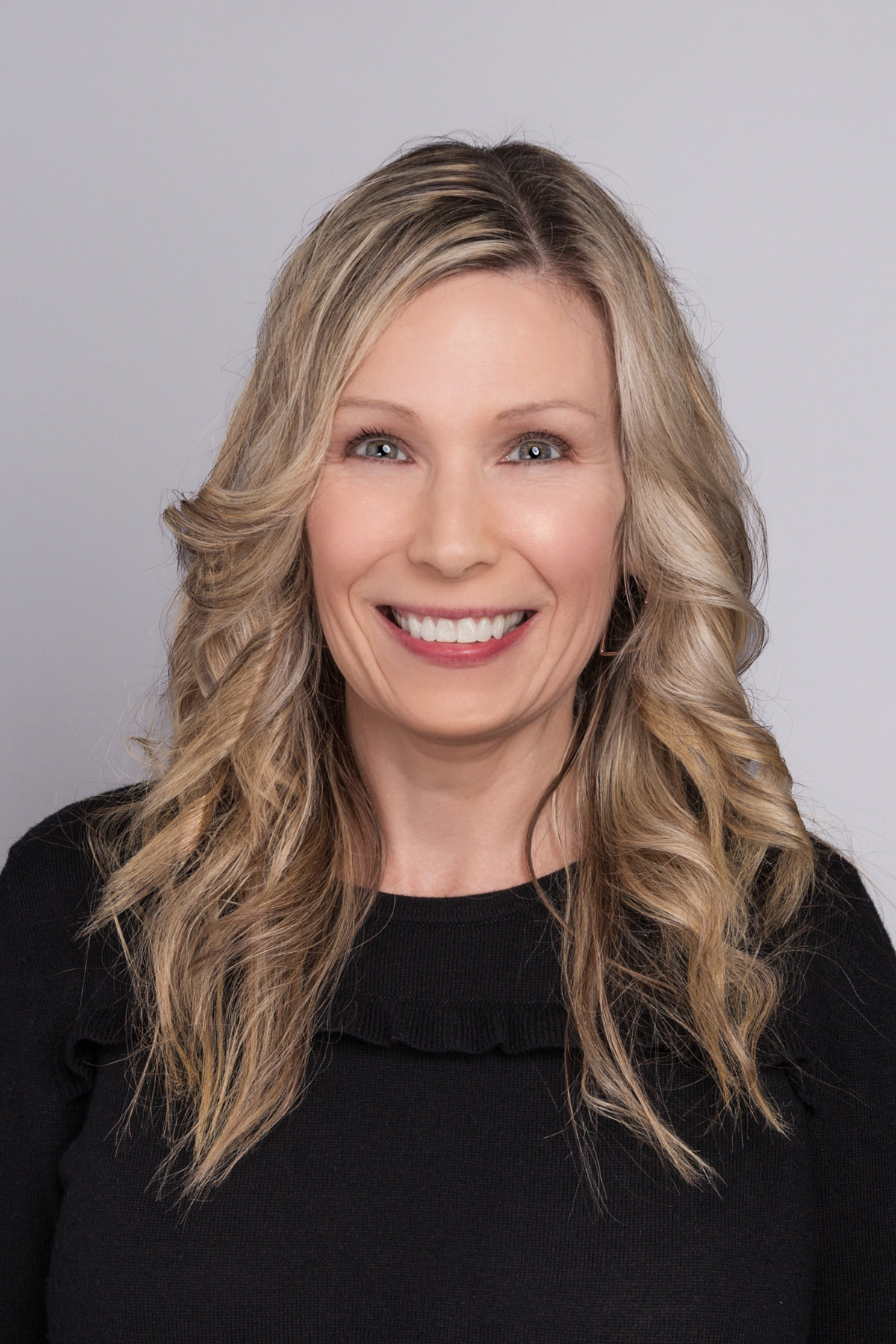
Christine A. Gayda-Chelder
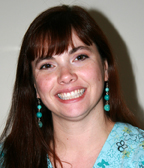
Gina Maguire
Admission to the Minor
The program is open to matriculated and non-matriculated students. Matriculated students should inform their preceptor and officially declare the Gerontology Minor on the Declaration of Major and Minor Form provided by the University's Center for Academic Advising.
Gerontology courses may fit into students’ overall graduation requirements in several ways, depending on the student’s major.GERO courses are used as:
- Cognates to SOCY/ANTH, SOWK, PSYC, POLS, CRIM, ECON and some programs in the School of Health Sciences and the School of Business.
- At-some-Distance for majors in the Arts and Humanities or Natural Sciences; students from these areas could use GERO as a “career cluster.” The GSS courses would be counted toward students’ General Studies requirements.
GERO is also a suitable minor for majors in Health Sciences or Business.Students should consult with their preceptor and the GERO Coordinator for additional guidance. The decision about where GERO courses fit into a student’s academic plan is usually made by the student’s preceptor in their major. Planning early, particularly in programs with highly structured requirements, can help students complete the minor without taking additional courses beyond the basic 128 credit hours needed for graduation.
Non-matriculated students wishing to enroll in the program must first contact the School of Social and Behavioral Sciences at sobl@stockton.edu. Non-matriculated students must be aware that Stockton’s policy gives matriculated students priority in registration, and openings in desired courses may not be available at the time of Non-matriculated student registration.
For more information about non-matriculation registration, please click the link provided below.
https://www.stockton.edu/admissions/non-matriculated-registration.html
Career Opportunities
Gerontologists usually work in one of two general areas:
- Direct services to older adults or
- Administration of service, research and education.
Undergraduate course work in Gerontology coupled with the appropriate major prepares students for various entry-level positions in these areas. U.S Bureau of Labor Statistics consistently indicate that jobs in fields related to aging will be particularly abundant for the near future as 72 million baby boomers pass the age of 65 during the next three decades. This will be true especially in New Jersey because of the state’s older- than-average population and even more so in southern New Jersey because of its growing popularity as a retirement destination.
Thus, the study of gerontology can enhance one’s performance and marketability as a professional in many disciplines. For example, social workers, physical and occupational therapists, psychologists, nurses, financial managers and health care administrators all require knowledge of aging.


